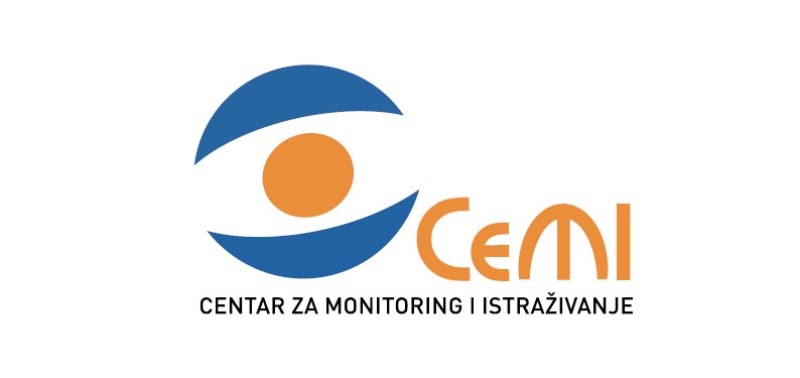Project „Balkan Electoral Comparative Study: Impact of Personal Vote on Internal Party Democracy“ is being implemented by the Center for Monitoring and Research CeMI in cooperation with the partners Faculty of Political Sciences in Belgrade and Kosovar Think Tank KIPRED. Experts and researchers from Bosnia and Herzegovina are also included in the project. The project is being implemented within the „Regional Research Promotion Programme“ – RRPP, funded by Swiss Agency for Democracy and Cooperation SDC implemented by the University of Fribourg.
This project is started in order to not only look at the academic approach to this issue but to give a contribution to debate about electoral reform in all four countries where it will be implemented.
As you can notice, in order to get as comprehensive analysis of effects of voter list personalization to political parties as possible, research framework was narrowed down to electoral systems of party lists. We have chosen four countries. Each of these countries uses the same electoral system – proportional system of party lists. Out of these, two countries are using closed blocked electoral lists (Montenegro and Serbia), while other two have introduced preferential voting. (Bosnia and Herzegovina and Kosovo).
Contemporary liberal democracies are characterized by highly personalized politics. The Governments are more recognizable by their leaders, then by parties which represent a basis of their creation. Trend of personalization is not characteristic only for presidential systems, but it has also become a distinction of parliamentary politic systems. Besides personalization on the level leader - political party, personalization in relation MP- political party is also common. Due to introduction of preferential voting in proportional systems of party lists, a circle of electoral systems in which voters have significant role in election of their representatives, was widened. Historically speaking, representative position is strengthened by accepted opinion that the MP, and not the party, is the “owner of the mandate”, while preferential voting has additionally backed this position.
This project will concentrate on personalization of politics on the level MP- political party, i.e. on the question: how much the element of personalization of electoral system, i.e. personal voting, influences political parties and how much it influences inter-party and intra-party relations.
Also, this research will be focused on the triangle constituted of: (1) parties, (2) candidates and (3) voters. On the other hand, we will monitor effects of personalization of electoral system to political parties, through three dimensions: (1) influence on political parties (2) influence on the candidate/representative and his behavior, (3) influence on behavior of voters
CeMI has established cooperation with global project Comparative Candidate Study, which has given us the permission to conduct this research in all countries of this project, which will make our countries globally comparable, included in the global database with findings from all countries where this research was conducted. This will represent a huge resource for all researchers interested for studying of this field.
